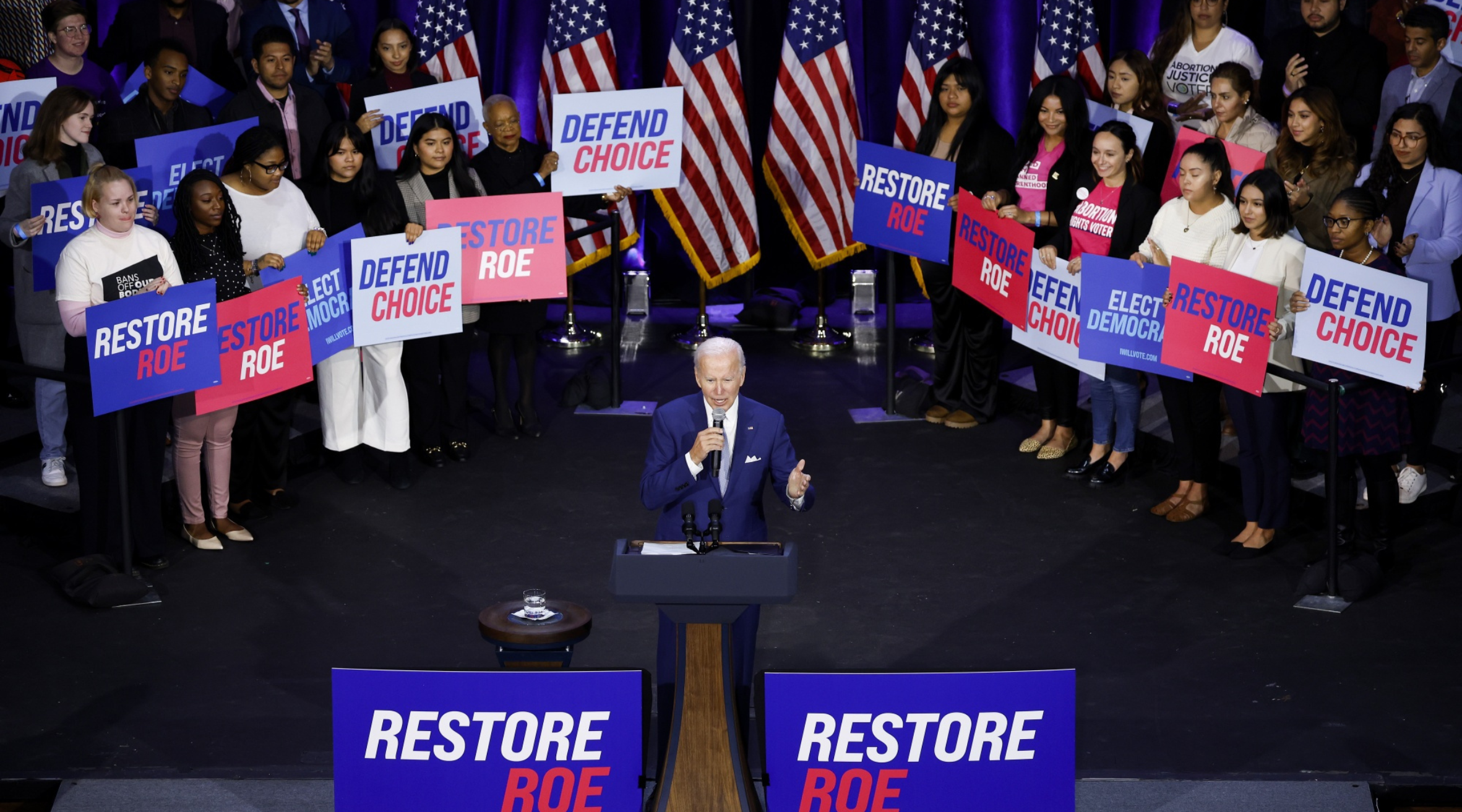USA (Transatlantic Today) – Top Democratic campaign officials made their case for control of Congress and the White House on Thursday, citing the upcoming two-year anniversary of the Supreme Court’s decision to abolish the constitutional right to abortion. In a move to counter potential Republican actions, over a dozen Democrats introduced legislation aimed at preventing the use of an 1873 law to ban mailing abortion medication.
Urging a Shift in Congressional Control
According to Nevadacurrent, top Democrats stressed the importance of flipping the House, keeping control of the Senate, and re-electing President Joe Biden. Democratic National Committee Chair Jaime Harrison, Senator Tina Smith, and Representative Suzan DelBene highlighted that unified Democratic power would allow for the restoration of national abortion access protections.
Addressing the Comstock Act
A major focus of the Democrats’ legislative efforts is to nullify the Comstock Act, an 1873 law originally intended to bar the mailing of obscene materials and contraceptives, which could be used to ban abortion medications. Senator Smith introduced a bill to remove these provisions, though its passage is uncertain in the current Congress.
Potential Republican Actions Highlighted
The Democrats warned about potential actions by Donald Trump, the presumed Republican nominee, citing a document from the Heritage Foundation outlining a plan to use the Comstock Act to restrict abortion medication. They pointed to this as a reason for voters to support Democratic candidates.
Divided Congress Likely
Analysts predict a divided Congress as the most likely outcome of the November elections, with a Moody’s Analytics report assigning a 40% probability to Biden remaining president with a split Congress. This scenario suggests the GOP might gain control of the Senate while Democrats regain the House.
Implications for Reproductive Rights
Democratic leaders underscored that the upcoming elections are crucial for determining the future of reproductive rights in the U.S. They argued that a unified Democratic government is necessary to safeguard and restore these rights, contrasting their plans with the potential restrictions under a Republican administration.


























